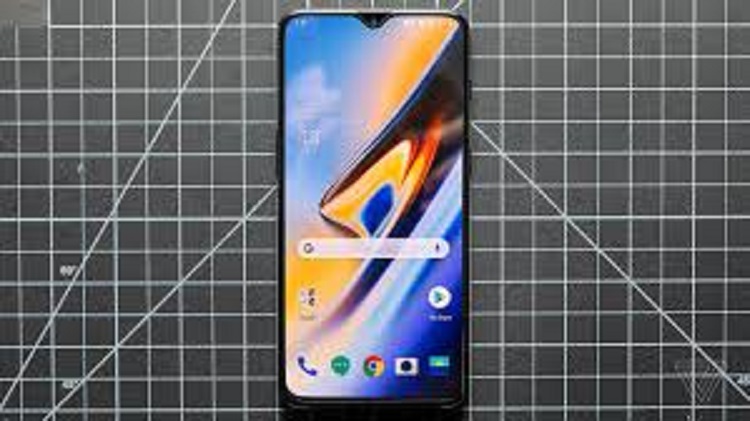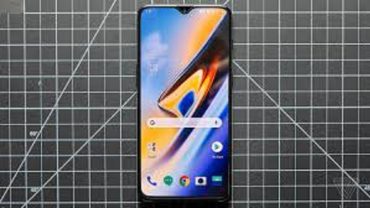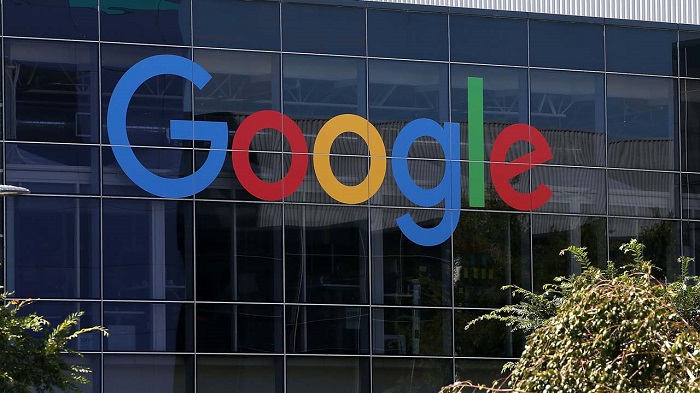YouTube this week rolled out a list of handsets, dubbed as “YouTube Signature Devices.” These handsets can offer the “best-in-class experience of YouTube” by combining video performance, next-gen technologies, and reliability. The Samsung Galaxy Note 9 is the newest handset to make it to the list. Using a Signature Device, consumers can enjoy immersive 360-degree video, HDR videos, and fast video load times. This all features can be used with less bandwidth.

To be eligible for a Signature Device, YouTube claimed that a handset must support high frame rate, high dynamic range, 4K decoding, reliable DRM performance, and use next-gen video codecs. “We have worked with makers to confirm these handsets exceed or meet our performance expectations. From rental movies to YouTube TV, Signature Devices flawlessly stream premium material without disturbing your experience to view videos,” YouTube claimed to the media in an interview.
On a similar note, YouTube earlier claimed that it had locked a licensing deal with Universal, the largest music label conglomerate of the world, since the video giant discovers ways of creating a new streaming facility. YouTube, which is child of Google, claimed that it inked a long-term deal in association with the Universal Music Group. This come months after an agreement with rival Warner Music. A joint declaration did not state the terms but implied that the deal might address reimbursement by YouTube, a steady source of annoyance within the music sector.
“This significant step forward offers our songwriters and recording artists enhanced growing compensation and content flexibility from paid-subscription and ad-supported tiers of YouTube,” Lucian Grainge, CEO and chairman of Universal, claimed to the media in an interview. He claimed that the agreement also improved YouTube’s promise to control music rights on its website. The recorded music sector has reported 2 years of solid development after years in the sadness.













